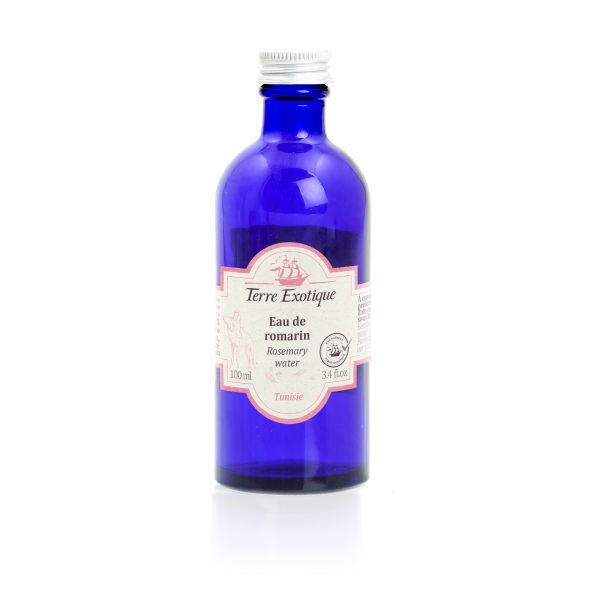



Discover the Intense Aromas of Rosemary Water
Rosemary water, a precious extract derived from the distillation of Rosmarinus officinalis leaves, adds an exceptional culinary touch to your dishes. Its intense aroma makes it a unique asset in the kitchen.
Where to Use Rosemary Water in Cooking?
Its herbaceous and resinous profile pairs perfectly with grilled meats, especially lamb and chicken. It also complements roasted vegetables, potatoes, and pasta dishes exceptionally well. In Mediterranean cuisine, it finds its place in dishes featuring olive oil, tomatoes, and cheeses.
Our Recipe Ideas for Using Rosemary Water in Cooking
- Seasonings and Sauces: Add a fresh Mediterranean flavor and aroma to your sauces, dressings, and marinades by incorporating a dash of rosemary water. Its subtle taste enhances dishes without overpowering them.
- Pastries: Cakes, cookies, and creams flavored with rosemary will delight your taste buds with their delicacy.
- Cocktails and Beverages: Refresh yourself with unique drinks by adding a hint of rosemary water to your lemonades, iced teas, and cocktails.
Rosemary Water, for Lovers of Fresh, Floral, and Earthy Aromas
Rosemary water is characterized by herbaceous and fresh aromas, with distinct notes of pine and camphor. One can also perceive slightly floral, earthy, and lemony nuances.
The Tunisian Origins of Rosemary
Rosemary (Rosmarinus officinalis) is an aromatic shrub of the Lamiaceae family, native to the Mediterranean region. Its dark green linear leaves emit an intoxicating fragrance when crushed. It grows in Tunisia, in the wild forests of the northwest of the country. It is a so-called "spontaneous" rosemary because it is wild. The variety is unique, different from that of Spain or elsewhere, as it is a plant that mutates according to the climate (especially rainfall). It is therefore an endemic rosemary, the Rosmarinus officinalis cineole. The wild harvesting of rosemary is managed by women. They hold the knowledge. Our producer calls them "the guardians of the forest". Once harvested, the rosemary is then marketed by the husbands of these ladies. The market is highly regulated. Companies wishing to buy the harvest must participate in auctions that ensure the sustainability of forest exploitation and pay for the hectares to be exploited. Inspectors from the Ministry of Agriculture, Ecocert, and companies monitor and train to make the activity virtuous.
How is Rosemary Water Obtained?
Rosemary water is obtained by steam distillation of the aerial parts of the plant. This process preserves the properties of the plant, including its active compounds such as flavonoids and phenolic acids.
The History of Rosemary
Since antiquity, it has been associated with medicinal and symbolic virtues. Ancient Greeks crowned their gods and heroes with it, while Egyptians used it in their embalming rituals. In the Middle Ages, rosemary was associated with symbolic beliefs. It was believed to be able to repel evil and bring luck. Medieval cooks frequently used it in their dishes, especially to mask the odors of meats that might not be very fresh. Continuing its history, the use of rosemary in cooking continued to thrive during the Renaissance in Europe. It was used to season roasted meats, stews, and breads. Rosemary remained a popular culinary herb over the centuries. With the evolution of cooking techniques and globalization, rosemary has been integrated into many cuisines around the world, such as in Mediterranean dishes, especially in Italian and Provencal cuisine.
| Allergen | Absence |
|---|---|
| Native country | TUNISIE |
| Genus and botanical species | Rosemarinus Officinalis |
| Ingredients | rosemary hydrolate |
| TRACES EVENTUELLES D'ALLERGÈNES | céleri, sésame, moutarde, fruits à coques. |
 Français
Français 


